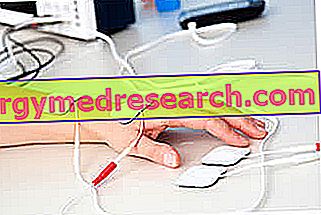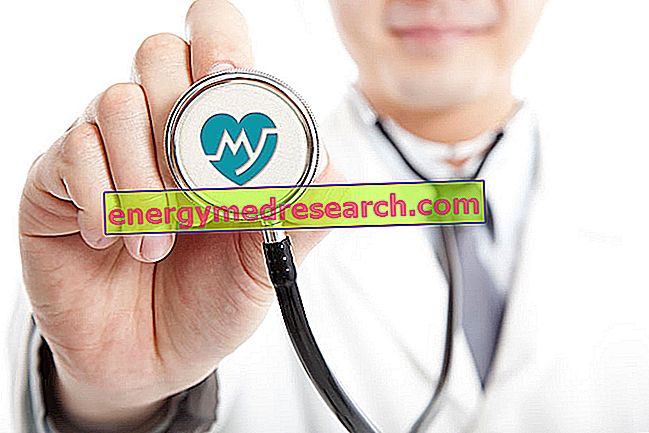Related articles: Hepatitis E
Definition
Hepatitis E is an infectious disease that causes widespread inflammation of the liver. The responsible agent is an RNA virus, called hepatitis E virus (HEV).
Hepatitis E is very similar to HAV infection in terms of transmission and course: it does not become chronic and there is no chronic carrier status. However, it is more prone to complications and can severely impair liver function.
Hepatitis E is mainly contracted via the fecal-oral route; the most common source of infection is water contaminated with feces. In addition, hepatitis E virus can be transmitted from pigs, chickens and turkeys.
Most common symptoms and signs *
- Anorexia
- Asthenia
- Increased transaminases
- Chills
- Abdominal pain
- Pain in the upper part of the abdomen
- Muscle pains
- Edema
- Hepatomegaly
- Temperature
- I made clear
- Jaundice
- Headache
- Nausea
- itch
- splenomegaly
- Dark urine
- He retched
Further indications
The disease manifests itself with the appearance of symptoms very similar to those of hepatitis A. After an incubation period of 2-9 weeks asymptomatic, abdominal pain, fatigue, nausea, vomiting, fever, loss of appetite and malaise may occur general. Subsequently, the cutaneous jaundice appears.
Viral hepatitis E, in most cases, is self-limiting and the symptoms resolve within a few weeks. Only in some rare cases, the infection causes severe liver damage. If contracted during pregnancy, hepatitis E has a particularly severe course and can develop into a fulminant form.
The diagnosis of hepatitis E is made by a blood and faeces analysis for the determination of anti-HEV antibodies or for the research of HEV-RNA.
There is no specific therapy and at present a vaccination able to prevent hepatitis E is not yet available. It is therefore essential to respect certain measures in order to prevent the disease. It is very important to wash your hands, especially after using the bathroom and before preparing meals or eating; do not drink well water or in any case of uncertain origin; avoid the mixed use of objects such as toothbrushes, razors and towels; finally, as far as food is concerned, it is very important to consume meat and fish (in particular, shellfish) only after cooking.


